Header photo by Paco Marchante
Context
Three weeks ago at WordCamp Europe, I shared a document with Mary and Matt that represents the concerns, suggestions, and experiences of more than a hundred contributors across the WordPress project. Many of these points were added gradually since October 2024 by a lot of people. A few people also chose to share their personal thoughts and stories in the document.
To protect everyone’s privacy, I copied the content into a new file, so no one can see edits or the names of those who commented, and I just left the names of those who chose to be public.
The introduction of the document says it clearly:
I list all the things I heard at events, or in personal conversations, during contributions, as well as additions by people contributing to this document. We focus here on how people have been treated, not that much about the WPEngine legal case.
It is not about blaming anyone, it is a call to reflect and, perhaps, to find a better way forward. A better structure. A more sustainable leadership model. Because WordPress is more than a software project, it is a global community, and every one of us deserves a seat at the table. We are 43% of the web, and we hold a collective responsibility to ensure its future.
Meeting with Mary at WCEU
I’m grateful that Mary is listening. We had a short but honest exchange before I sent her the document, and I trust she’ll take the time to read it with the care it deserves. I do not know what Matt will think of it, but I shared it with him as well.
My personal opinion is that no matter how much feedback is gathered, no matter how many issues are listed, the core problem will remain as long as Matt chooses to keep full control on the WordPress project.
It all comes down to one simple question: who does WordPress belong to? Matt? The contributor community? The world?
Switzerland and Typo3 as examples
I may be biased as a Swiss person, as I’m used to a system where the entire population holds power above the executive branch. We are regularly asked to vote and have the right to propose changes to the Constitution. I wrote a full blog post about this. I struggle to see any other major project working differently. WordPress is not a commercial product (services, additional products and hosting around it are), and it holds great significance on the web.
I would love to see a structure inspired by the Typo3 Association governance model, where members hold authority above the committee and the board, as explained during the Alt Ctrl Org event by Typo3 Association president Olivier Dobberkau. You can watch the video presentation.
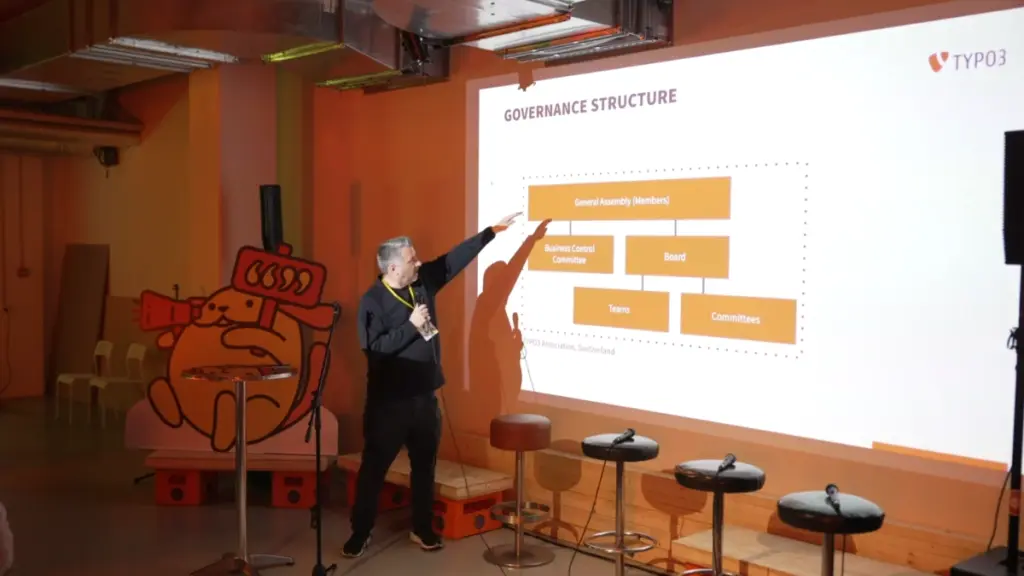
Trust restoration
The fear of retaliation is perhaps what worried me the most. So many people have stayed silent. Some left quietly. Others talked only in private, and many added points to the list with hesitancy, unsure if their words would one day be used against them. That, in itself, speaks volumes. I’m glad that community bans are things of the past.
Matt often says that some projects “at least ship code” while others only talk. But in my view, those who do not ship code are just as essential. Look at the Make teams focused on documentation, translation, accessibility, training, community with event organisation, and many others. I believe the success of WordPress is largely thanks to the hundreds of local Meetup groups that grew the community city by city, year after year.
I do not ship code. I am what you’d call a connector. I bring people together. I organise events, I know who’s who and introduce people to each other. I try to help everyone see things from other people’s perspectives. Solutions only emerge when the full picture is understood.
I’ve always felt deeply grateful for everything this project gave me. I never wanted to betray anyone, and I still don’t. But I must also say honestly that I’ve felt my contributions were dismissed, more than once. Still, I’m not the type of person who holds grudges. I prefer to focus on solutions, especially when there is space for real dialogue. I raise issues based on facts, not personalities. I have no quarrel with anyone.
In my WordCamp Europe 2025 as a co-organiser post, I wrote about how this ongoing tension contributed to a kind of mental fatigue. It’s one of the reasons why I declined the role of lead organiser for WordCamp Europe 2026. I’m still here, and continue to contribute on all the other roles I hold, but I need to take care of my energy and protect what I believe in: open dialogue, fairness, and community-driven progress.
For the love of open source ❤️
My personal opinion, as written in the document
Matt had the vision and brought WordPress where it is, with the help of thousands of contributors in a mutually beneficial way, WordPress helping people build their sites and/or businesses, and contributors helping WordPress (dot org and ultimately .com and Automattic). I appreciate that and have gratitude for it. We, as a whole, benefit from it. But people see that contributing to a community means that decisions must also be community-led. As an example Matt says (in Lenny’s podcast, see below) that if decisions had been taken by a committee, the Gutenberg project would never have existed. I don’t know, not sure, I personally think Gutenberg is one of the best things that happened to WordPress. I can understand he wants to keep control of all decisions, after all, he co-founded WordPress. But WordPress became so important on the web that it’s important to ensure its future. It’s a lot on his shoulders and trust would be completely back with committee-led decisions. It’s also a lot of money to run .org, Matt said it’s from his personal money, correct? and a proper Foundation would solve that as well. In my October proposal, I even told about a committee with prorated voices based on contribution time, so Matt/A8C would have the majority of voices anyway (if hours are back higher than now EDIT: they are now back, and a new mechanism for counting Five of the Future hours). Joost later made a similar proposal, to work WITH Matt, not against him. Similar with the WP Must Win proposal or the Call for Governance Reform open letter published on TheRepository.email website.
I have agreed on some of Matt’s actions, for example requiring companies to respect the trademark and if possible contributing back, but the rules have changed and a company being called “a cancer” and publicly exposed for not contributing back enough led to people thinking “is it now a requirement?” and thus not aligned with open source values. If they were sponsors, they think “what if my company is the next being publicly targeted?”. I made a lot of friends in the community (contributors, agencies, sponsors, volunteers, independents/self-employed, etc), and seeing so many of them afraid for their businesses, clients, employees, or for simply contributing, is something I’ll never forget.
I personally think that contributing back is important, I do it on my personal time, and have been doing it for more than 10 years. I’m now partially sponsored for some of my hours since last August, but I always thought that for non-sponsored time, I was free to choose to do it or not to do it. By the way, my sponsor is NOT related to this conversation and document at all.
In October, I was financially and personally impacted: I was going to have a meeting with a potential second sponsor for my contribution time and they cancelled, saying these exact words “because of the current situation. We need to see if we can invest in the community or not.”
I never understood the counterproductive action of banning people, most of them would have “sided” with Matt about the trademark if not ousted from our community, those really being 2 separate issues. Even I stayed silent on some of my thoughts, and initially hid that I was helping the Alt Ctrl Org organising team and first did it under a pseudonym. I was worried that there could be retaliation against me (or even against WCEU this year), or that I wouldn’t be able to continue being an official event organiser and mentor or take part in official programmes such as the Contributor Mentorship, things I love to do. I’ll always act for FOSS and freedom.
We put a lot of energy into finding and mentoring new contributors, whether it’s at WordCamp Contributor Days or during the Contributor Mentorship program, painstakingly adding a few long-term contributors, and within weeks in October, we’ve lost hundreds. To me, it felt like all the energy I had invested (freely, as my sponsored hours don’t cover everything I do) in the October cohort of the Mentorship program was going to waste.
As a WCEU organiser (2024 and 2025) or volunteer (2017 to 2023), a WordCamp mentor (since 2023), local WordCamp organiser (since 2016) and meetup organiser (since 2013), I see less attendees, less sponsor applications. This might be unrelated, but there is a slowdown compared to 2022-2024, when it was up from Covid-era. I’m talking about Switzerland, France, and maybe Spain and Italy. At least two WordCamp among those I regularly attended for years didn’t get organised because the teams were not motivated amidst the situation (said to me personally). On the contrary, I see more enthusiasm in Asia and Latam, so I’m not sure how differently the situation impacted worldwide.
I always had pleasant and friendly interactions with Matt when we met in person at WCEU several times, and I hope he’s reading and listening with an open-mind to community voices. I’ve always been honest about where I stand, and even told him by DM. It’s also important in my opinion that community members talk respectfully, even when disagreeing, some have really been unrespectful and I see why Matt is saying they are haters, but the majority of us are not. This whole conversation is not “against him” but for the love of WordPress and our community and for the common goals about its future.
Matt’s vision
On Lenny’s podcast “Matt Mullenweg on the future of open source and why he’s taking a stand”
Published on Youtube on 2 March 2025
Automated transcript from 1:02:24 to 1:06:37
1:02:24
and so I think what people advocate for around this governance point of view is like okay well install a board on top of
1:02:31
you that uh you know ultimately makes decisions for the product or you know
1:02:38
things like that and there are other open source projects that have this structure none of them have been
1:02:44
successful as WordPress so you know I think your audience in particular like is great
1:02:50
software ever created by committee or does it more often reflect
1:02:57
um a vision of a leader or you know something that can allow us to and I
1:03:03
think particularly you know WordPress not just remaining relevant but actually accelerating growth over huge
1:03:09
technological shifts over the past two decades you know when we started there was like Dynamic web apps or dhtml or
1:03:16
JavaScript wasn’t really a thing and and then like Social Web and then iPhones and then all this sort of stuff that’s
1:03:22
changed over time and we’ve surfed a lot of these technological changes which is very very hard to do like most products
1:03:27
do not remain relevant over multiple generational changes like that and um and that’s been because sometimes we’ve
1:03:34
had to make very unpopular decisions like if Gutenberg is is a huge part of why WordPress is relevant today and
1:03:40
that’s actually an open source project we do it’s the blog editor it’s actually bigger than WordPress you know because it’s not just used on WordPress it’s
1:03:46
used on every WordPress site but also like Tumblr other people I would actually love if Squarespace or Wix
1:03:51
adopted Gutenberg it’s meant to be like a a really open source framework but anyway if we had voted for whether we
1:03:58
should do that or not everyone would have voted against it or the majority would have it was really h a few core
1:04:04
people of us in the community you know Mattias myself other core contributors Ella Andre Oz that that said like hey
1:04:11
you know this is the future and it’s going to take 10 years to do and it’s going to be a long bet it’s going to
1:04:16
suck for the first three or four years and so everyone’s going to hate it in the beginning um but then later you know
1:04:21
with iteration we’ve had I think now 200 releases of Gutenberg uh we do sort of a very strict every two weeks release
1:04:27
schedule since it started um it’s going to get pretty good and it’s it’s at that point now it’s actually getting pretty
1:04:33
darn good and the next phase of it actually I’m so excited about it’s going to be collaboration so all like the real-time co-editing that like Google
1:04:38
Docs and otion has is coming out to this open source thing and with the technological changes we’re actually able to do it peer-to-peer so we don’t
1:04:45
need a centralized server we can use web RTC and other cool Technologies so I mean I’m I’m going sidelighting but I
1:04:51
think that um you know that’s sort of
1:04:57
more and if you look at a lot of great companies like you know there’s a board or whatever but like ultimately there’s
1:05:03
an executive and you know some of the most iconic companies of Our Generations are ones where the executive has you
1:05:09
know retained some majority voting control or other things like that which I’ve been able to do with automatic and with WordPress and um you know I
1:05:17
definitely think about seccession planning everything like that but uh if for when I’m gone I I don’t want to pass
1:05:24
it to a committee I want to pass someone else who can you know have a role similar to mine and really sort of uh
1:05:30
try to be a steward and there are ultimate lays to check and balance on that because again the
1:05:37
community could leave they could Fork the software people could change and so you know you’re in charge quote unquote
1:05:44
but you’re also at surface so it’s a lot more being like a mayor than a CEO uh
1:05:50
and that you you ultimately are accountable to the folks who are contributing and your users and
1:05:55
everything like that so I do feel like uh there is a balance there some of this
1:06:00
as well is that there’s some people who aren’t part of leadership who feel like they should be so if you look at like the yosta crew and things these are
1:06:06
folks who actually aren’t like don’t have Commit status they haven’t contributed to WordPress over the years and serve our normal hierarchy of you
1:06:12
know the meritocracy of how you get like you know the ability to commit code or things like that they’re like hey I want
1:06:18
to be I want to lead a release and so that I mean that’s cool dude but like there’s there’s a process we have different people lead
1:06:24
releases over the years like you know they they kind of work their way up to it
Lenny: this makes so much sense to me it’s
1:06:30
one of the themes of the podcast just the power of a singular Visionary and leader f mode as we’ve all heard is
1:06:37
trending these days
The document
Feel free to leave a comment and share the post on social media (LinkedIn, Bluesky, Mastodon, Facebook).

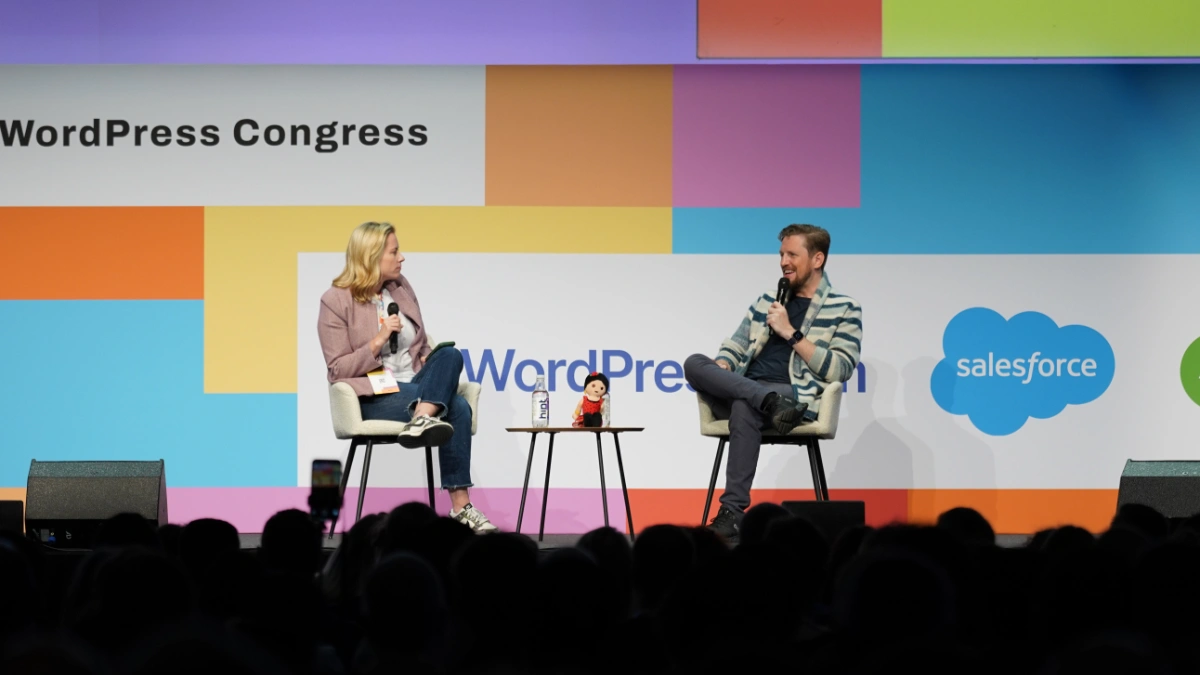
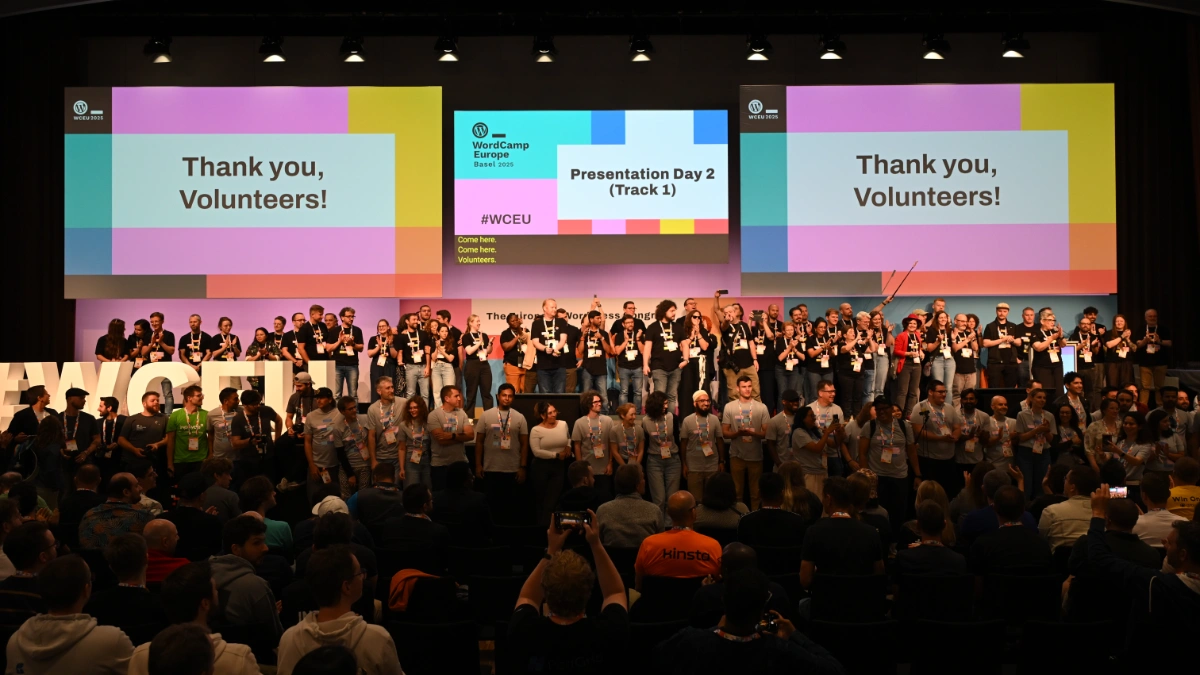


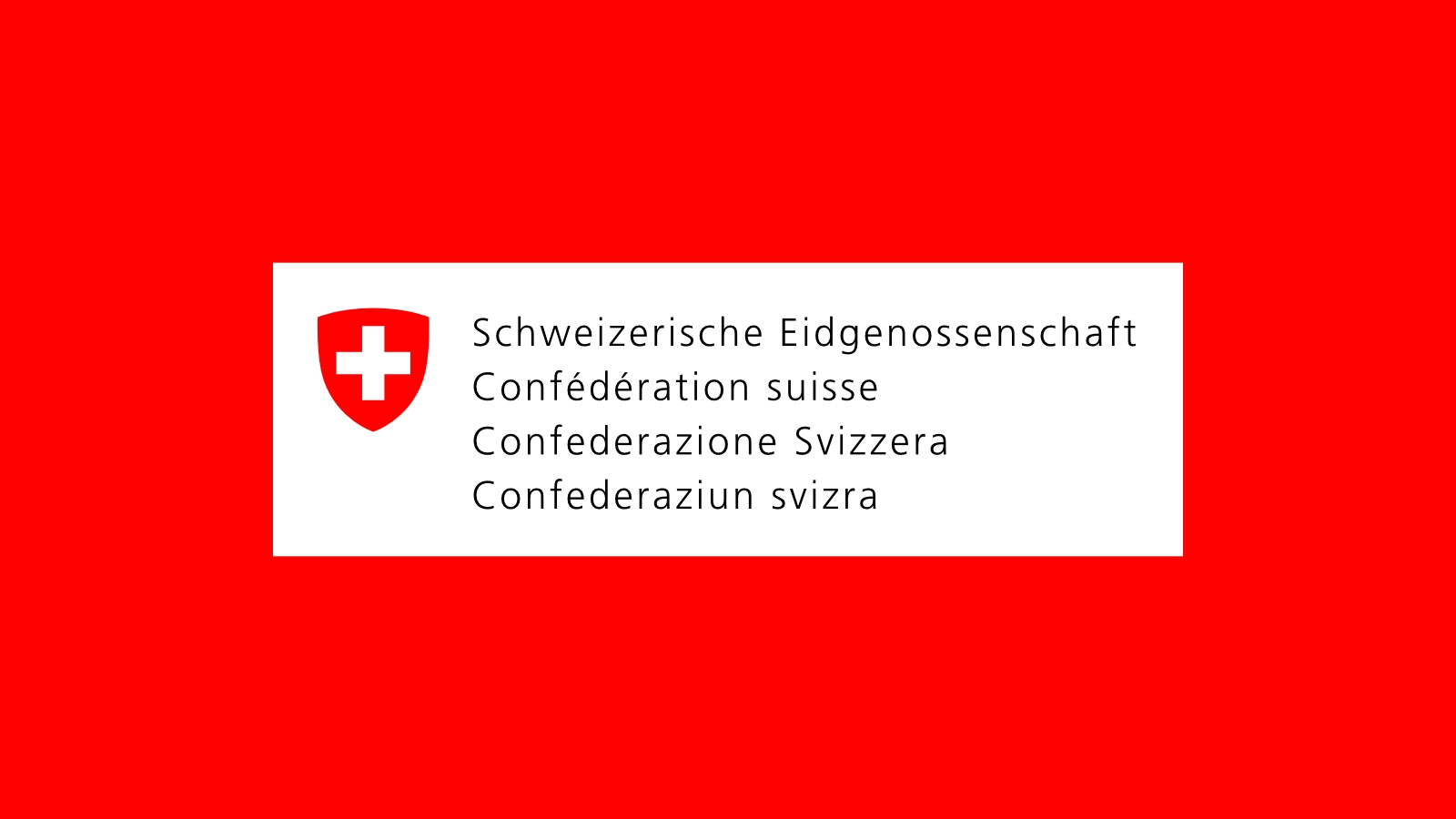
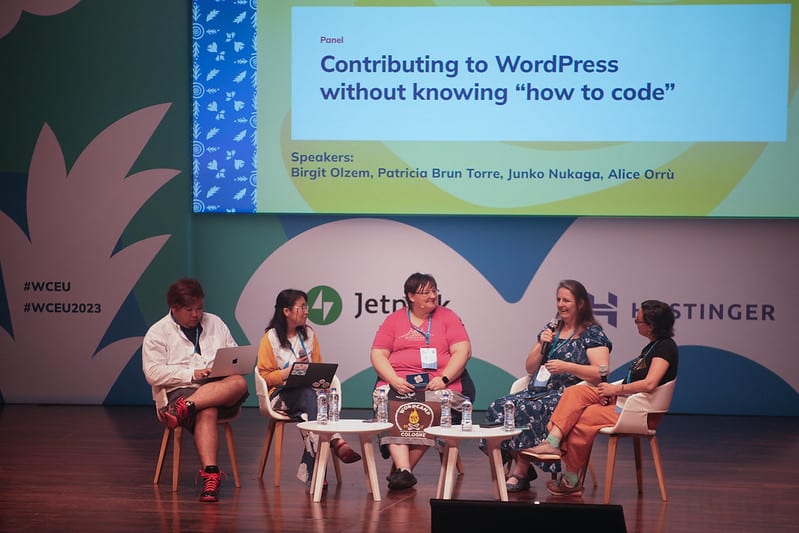
Leave a Reply